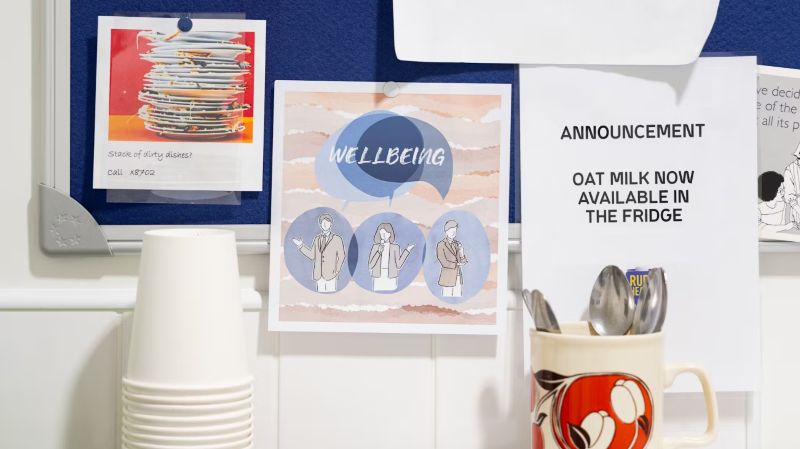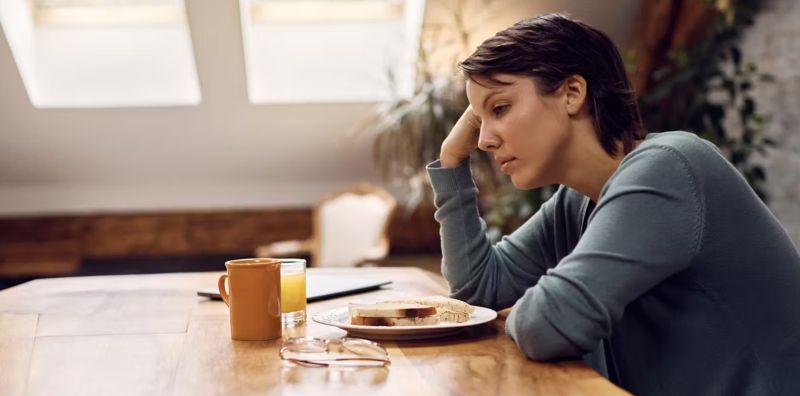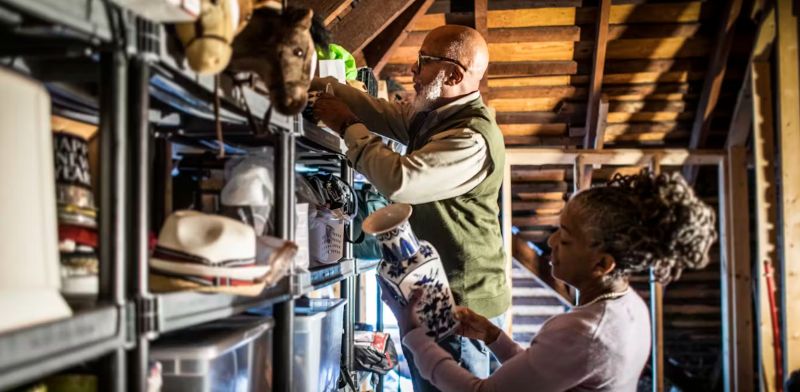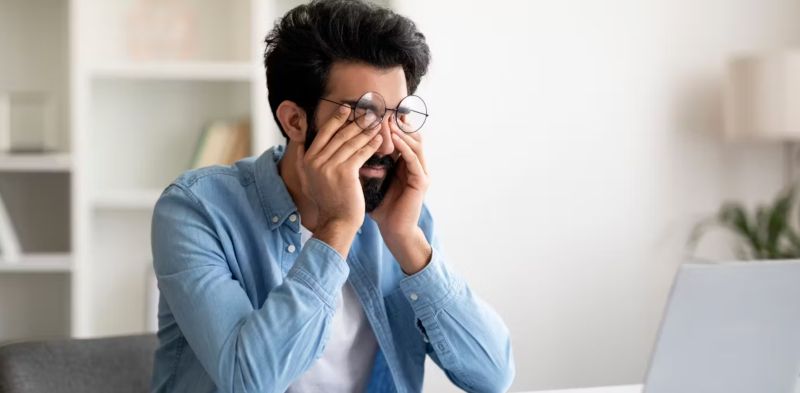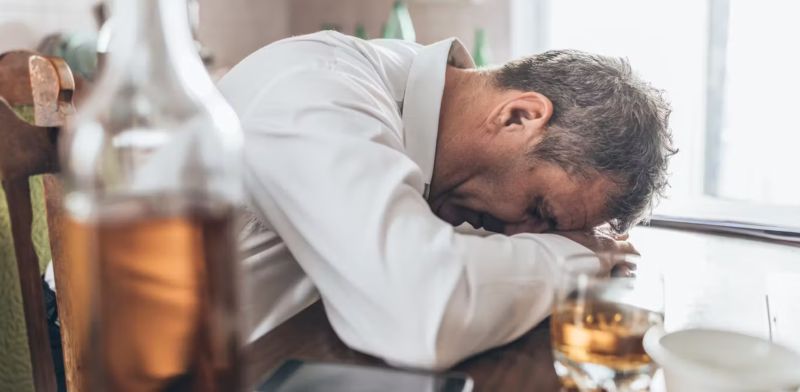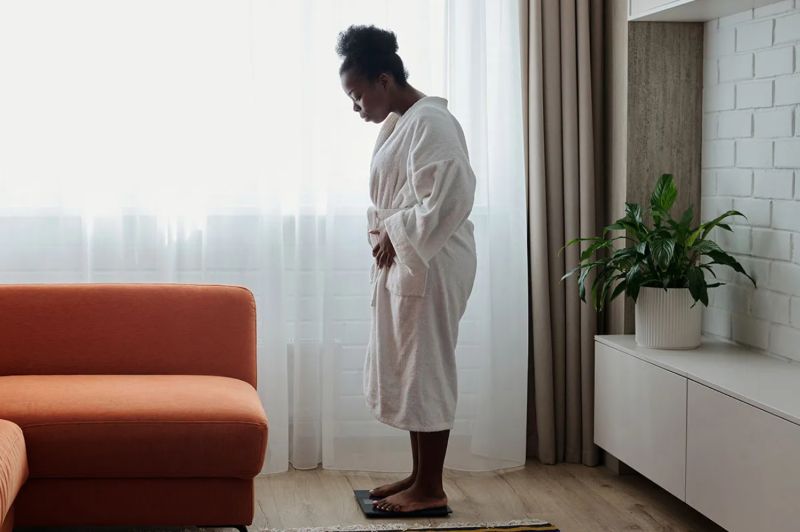
After years of mental health struggles, Rianna Walcott decided to ask her GP for help. What happened next left her wondering whether racial bias is preventing Black women from accessing the support they need.

By Dr. Rianna Walcott
Postdoctoral Associate in the Black Communication and Technology Lab in the Department of Communication
University of Maryland

Camilla Greenwell
Photographer
Introduction
My decision to start taking antidepressants was years in the making. I spent my undergraduate and postgraduate degrees struggling with my mental health, and the start of my PhD seemed the ideal time to finally try medication. While a few of my doctors had recommended this in the past, only now did I feel I had enough time and the necessary support network to deal with any potential side effects.
The stigma in my community against antidepressants and discussions of mental health meant this wasn’t a decision I could take lightly. A history of Black distrust of modern medicine is well-documented and well-founded, following decades of non-consensual medical experimentation on Black bodies.
In addition, Black, Asian and minority ethnic groups in the UK are disproportionately likely to be diagnosed with mental health problems, experience poor treatment outcomes and disengage from mainstream mental health services. All of this begins to build a picture of the difficulties in engaging with mental healthcare when Black.
Even accessing medical help can be fraught. An overstressed NHS with a growing mental health epidemic means that speaking to your GP is often brief and unsatisfying; you may have to explain intimate problems to multiple doctors on repeated visits, and waiting lists for counselling services can take up to two years.
Still, I had finally reached the point where I was ready to ask for help.
When Doctors Minimise Black Women’s Symptoms
To my surprise, the most significant barrier was my own GP. My experiences were waved away, and they recommended I take up jogging instead – even after I explained that my depression sometimes made it impossible to leave my bed, let alone run out of my house for some serotonin-boosting activities.
This experience called to mind stories I had read about medical racism, and how it has led to Black patients being less likely to receive painkillers than white counterparts, and five times more likely to die in childbirth due to a taught bias that assumes that Black people feel less pain and overexaggerate symptoms. Is there any wonder that Black people would choose not to engage with mainstream mental health services?
I interviewed three Black women about their experiences accessing NHS mental healthcare services, and particularly accessing medication, revealing some recurring issues affecting Black women in the UK.
Tyra* went to her GP following the onset of poor mental health after experiencing sexual assault. Her treatment was initially badly mishandled: she was prescribed an antipsychotic that she was never given out of sheer medical carelessness, despite suffering from hallucinations.

The stigma attached to taking medication for mental health problems can prevent people riding out side effects.
“I feel like race played into those interactions so much. I felt like I was being rushed out of the room when other patients weren’t, and that my doctor would barely listen to what I was saying. They only started taking me seriously as a patient, as a human being, when I threatened to contact the medical authority. They want me dead, as far as I’m concerned.”
When she spoke about her depression, her GP told her to “watch TedTalks, daily affirmations, go for a run”, which echoes advice I have received from doctors in the past. Like myself, Tyra “was sure that they would not have suggested jogging if I hadn’t been plus-sized”.
Too chic to be sick
Nicky* also had experience of her appearance impacting her treatment. In her case, her doctor was reluctant to put her on antidepressants because she looked “too well put together”.
“My GP once said I looked ‘too young to be in such pain’. So now when I go in, I don’t wear earrings, I don’t wear lip gloss… I remember thinking that if I showed up with acrylic nails they would think ‘so you can’t work but you have energy to get your nails done?’, even though looking smart is a cultural and a gendered thing for Black women – we try to be presentable.”
Eventually, in an effort to be taken seriously, she began bringing a notebook with times and dates of her symptoms to future medication reviews with her GP.
I was similarly concerned about how being a Black woman impacted my treatment, and how it demanded striking a careful balance of self-presentation to doctors. As a Black woman, it seems you must tread a thin line of being ill enough to be helped, but not so hysterical that they institutionalise you, especially knowing that Black people are disproportionately more likely to be detained under the Mental Health Act of 1983.
Learning to be your own Advocate
Lauren Campbell-Thompson shared her experiences of working in the mental healthcare system. She expressed that she had issues getting the right support from her GP, but acknowledged that her background meant she might have found navigating access to mental healthcare easier than others.
“Since I have a Master’s in Psychology and am an assistant psychologist, I understand what’s going on with me and what I need. If you don’t know the buzzwords, it’s not so easy…”
This resonated with me, as a PhD researcher and editor of a book about mental health: this background has enabled me to adopt a more clinical tone when speaking with doctors about my mental health, and subsequently be taken more seriously.

Rianna Walcott working at home.
My experience with mental healthcare research also helped in understanding the ways that medications might affect me. Nicky wished that her GP had given her more information about the side effects of taking antidepressants, as the stigma surrounding it in her community meant she couldn’t speak openly about it.
“If you speak to friends or family from an African or Caribbean background who are already biased against medication, they’re going to tell you stop taking it immediately. If it wasn’t for a friend with experience of medicating for bipolar II who told me to ride it out, I would have quit, because my GP didn’t give me that information: what to expect and when symptoms would come and go. They just said, ‘See you in two weeks.’”
Many of us aren’t fortunate enough to have friends or mentors to guide us through these experiences and side effects. What do you do if you don’t have the tools or the language to navigate access to healthcare, like the older, working-class Black people in my own family? What kind of consequences does this have on their attitudes towards our healthcare system?
Lauren expressed that she would like to “see someone with more training in mental healthcare in GP offices, like mental health nurses or psychological wellbeing practitioners, as well as more centralised NHS support-group options”. She explains the current lack of dedicated resources in the NHS by acknowledging that “the NHS isn’t a preventative service; it treats symptoms rather than the cause… GPs are under increased pressure to reduce referrals because of a lack of funding”.
Listening to BAME Voices
The experiences and perspectives of Black women like Lauren, Tyra, Nicky and myself are beginning to be considered by groups working to improve NHS mental healthcare services for BAME people. For example, the British Association for Behavioural and Cognitive Psychotherapies released a guide in September 2019 to help health professionals provide BAME service users with better access to talking therapies.
This toolkit recommends taking the beliefs, values and cultural and spiritual perspectives of service users into account throughout treatment. This includes engaging with BAME communities through outreach work to develop relationships with places of worship, and accessing community-specific media to better reach underserved groups
Working to engage communities on their terms, in their spaces, and in language accessible to them, is key in making psychotherapy accessible to more than white middle- to upper-class people. Just as I could, the Black women I interviewed were able to access (or are still working towards accessing) favourable treatment outcomes. But we are doing so through careful manipulation, image management and sheer resilience – work that suffering people shouldn’t have to do.
The service you retreat to when you are at your most vulnerable needs to be a place where you can be sure you will be treated with respect and dignity; where you can expect care and above all, safety. To meet these conditions for Black women, there is significant work to be done.
* Some names have been changed.
Originally published by Wellcome Collection, 01.28.2020, under the terms of Creative Commons Attribution 4.0 International license.
